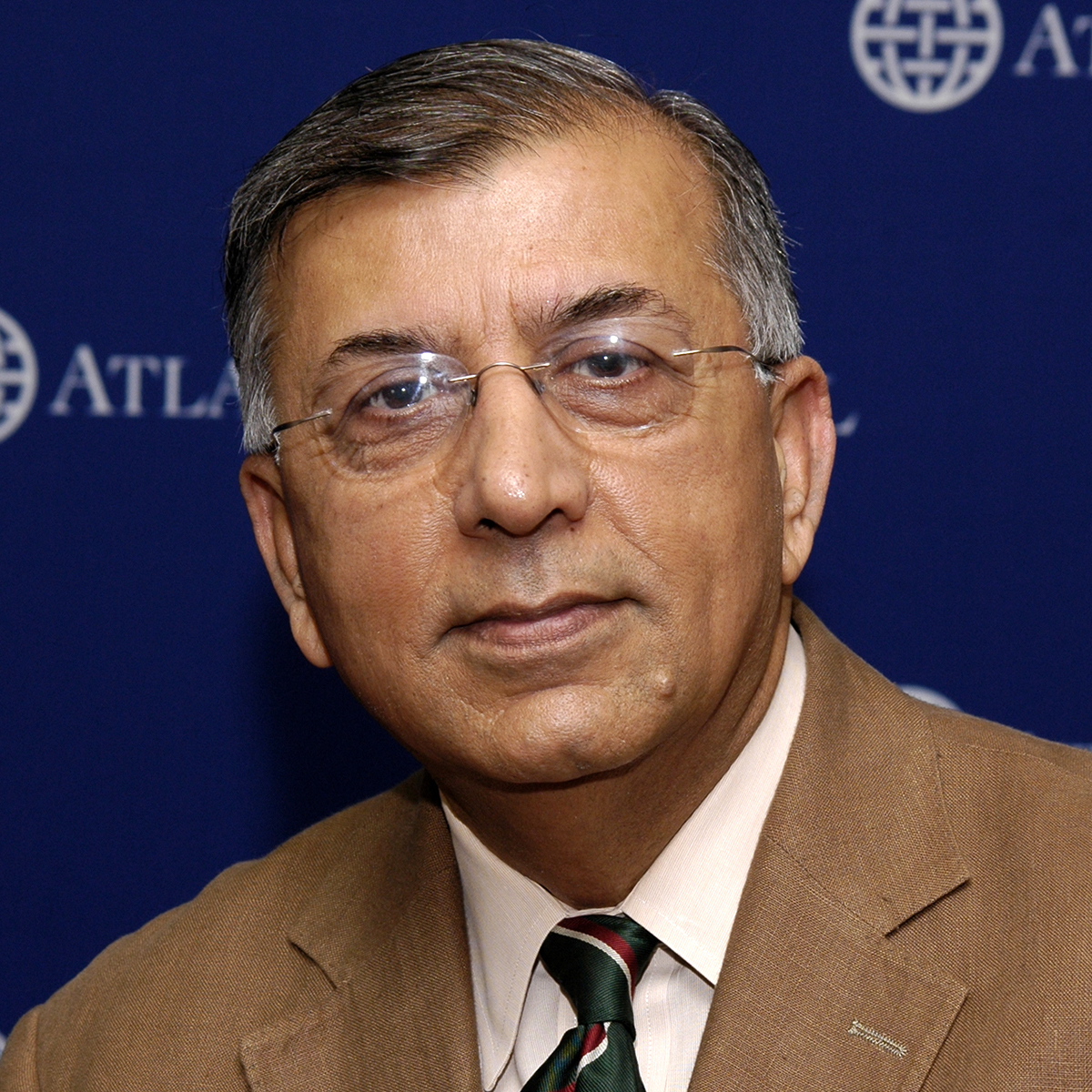On November 30, the Atlantic Council’s South Asia Center, the United States Commission on International Religious Freedom (USCIRF), and the International Center for Religion and Diplomacy (ICRD), hosted a discussion which highlighted major findings in a new study sponsored by the USCIRF and conducted by the ICRD.
Entitled “Connecting the Dots: Education and Religious Discrimination in Pakistan,” the study examines social studies, Islamic studies, and Urdu textbooks, and explores linkages between the portrayal of religious minorities and subsequent acts of discrimination. Knox Thames and Azhar Hussain discussed how Pakistan’s public schools and madrassas negatively portray the country’s religious minorities and reinforce biases which fuel acts of discrimination, and possibly violence, against these communities. Panelists also discussed pedagogical methods in Pakistan’s public school system and its madrassa system, and the perception of religious minorities by students and teachers, as well as offering recommendations on education reform and the incorporation of religious tolerance in the classroom.
A discussion with
Knox Thames
Director of Policy and Research
United States Commission on International Religious Freedom
Azhar Hussain
Vice President
International Center for Religion and Diplomacy
Moderated by
Shuja Nawaz
Director
South Asia Center, Atlantic Council
Knox Thames
Before coming to the Commission in 2009, Mr. Thames worked in the Office of International Religious Freedom at the US Department of State, and was the lead State Department officer on religious freedom issues in multilateral fora, such as the UN and OSCE. Mr. Thames also served as Counsel for six years at the US Commission on Security and Cooperation in Europe (the Helsinki Commission), where he was the point-person on religious freedom matters, on issues involving refugees and internally displaced persons, and focused on democracy and human rights in Central Asia. In 2004, Mr. Thames was appointed by the State Department to serve as one of the two U.S. experts on the OSCE Panel of Experts on Freedom of Religion or Belief. Mr. Thames earned a J.D. with honors from the American University Washington College of Law. He also holds a Master’s in International Affairs from the American University School of International Service. An author of numerous articles on a range of human rights issues, his book International Religious Freedom Advocacy was released in August 2009 by Baylor University Press.
Azhar Hussain
Mr. Azhar Hussain is the vice president for Preventive Diplomacy and Director of the Pakistan Madrassa Project at the International Center for Religion & Diplomacy. The Madrassa Project has trained over 2700 madrassa leaders throughout Pakistan to date. Mr. Hussain previously served as senior consultant to the Mexican Ministry of Education and adjunct professor at the Tecnológico de Monterrey. He has worked in cooperation with the US Institute of Peace, and provided educational and intercultural consulting services for numerous multi-national organizations. Mr. Hussain delivered presentations to the UN Alliance of Civilizations and the US Commission on International Religious Freedom among others. Furthermore, Mr. Hussain conducted training and development initiatives around the world. He was also the winner of the 2006 Peacemakers in Action Award from the Tanenbaum Center for Interreligious Understanding. Mr. Hussain holds a MA in International and Intercultural Management from the World Learning SIT Graduate Institute.
